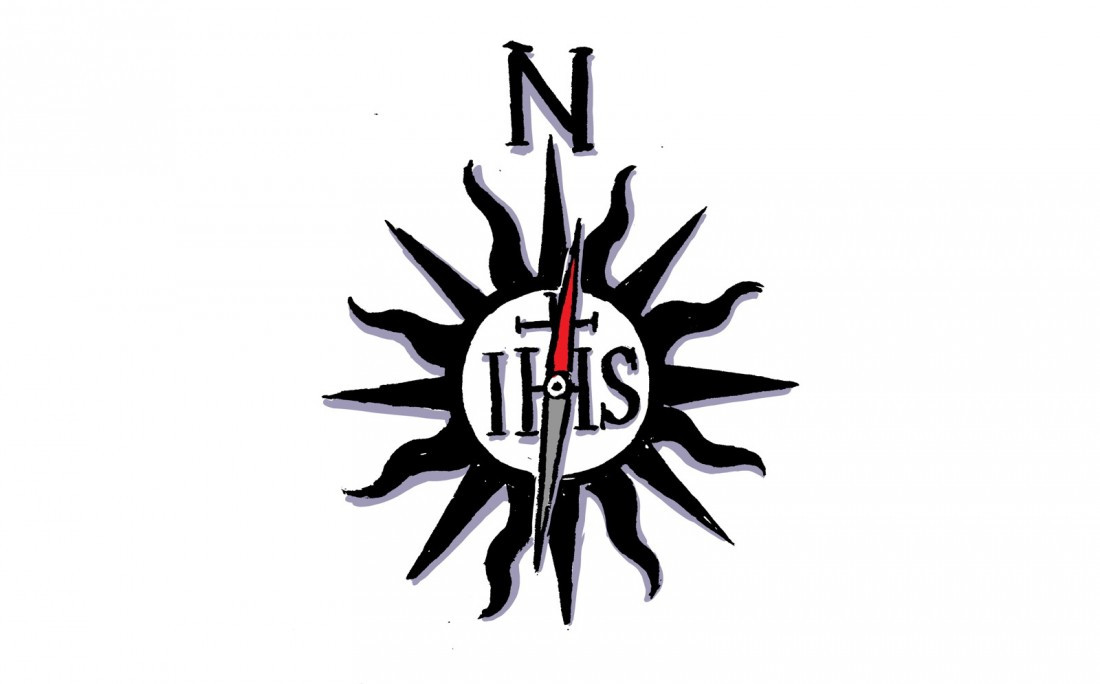Education or assimilation?
Jesuit school risks repeating residential school assumptions
Thirty-five years after the last residential school in Manitoba closed, the province is once again wrestling with questions about the intersection of faith, education and colonization.
Recently, a group of well-heeled Winnipeggers led by Winnipeg Jets co-owner Mark Chipman announced the launch of Gonzaga Middle School. The new Grade 6 to 8 school, modelled after Chipman’s alma mater of St. Paul’s High School and other Jesuit Nativity private schools, is set to throw open its doors in Point Douglas in September 2016.
The goal, Gonzaga principal Tom Lussier told The Uniter, is to “lower barriers to educational advancement and success” for low-income students, regardless of faith background. Tuition will be free; Point Douglas and the nearby North End are among the most impoverished communities in Canada, and home to large populations of Anishinaabe, Cree and Métis peoples.
Though Lussier says the school will not “teach religion,” he acknowledged its mandate is explicitly faith-based, and Catholic teachings will be “infused into the overall curriculum and school practices.”
In the wake of generations of cultural genocide perpetrated by the Canadian government and Christian churches through residential schools, indigenous peoples have good reason to be wary of religious education.
In acknowledgement of this, Gonzaga officials say they plan to work closely with indigenous elders, including Truth and Reconciliation Commission chair Justice Murray Sinclair. The school is committed to “furthering the cause of reconciliation,” Lussier said.
“We will explicitly include Aboriginal studies as the main ‘optional’ part of the curricular time allotment,” he wrote in an email, with lessons developed in consultation with Manitoba Education’s Aboriginal directorate and indigenous elders.
Gonzaga’s model, however, is still rooted in Eurocentric conceptions of education. Success is achieved through structure and dedication, an extended school year and longer days.
Traditional indigenous education focuses on a connection to land, interconnectedness with the larger community and a dynamic approach to learning. Centering the same Christian values that were instrumental to the Residential School era of “civilizing efforts” reinforces the idea that indigenous forms of education are somehow less legitimate.
Their goals lead one to wonder whose interests are at the core of Gonzaga’s mandate. Will it foster students who have a deep connection to their community, or will it act as a pipeline to the private sector.
Lenard Monkman, a community organizer and North End resident, remains skeptical but optimistic about the school.
“We need to consider the history Canada has with indigenous people,” he says over the phone. “It could be beneficial to the community as long as it is done respectfully, with consideration for the culture... but for me personally I would like to hope that this is not done at the cost of full-on assimilation.”
In October, Mi’kmaw lawyer and Ryerson University indigenous governance chair Pam Palmater spoke at Neechi Commons. She called for a resurgence of indigenous self-determination through a rediscovery of traditions, teachings and languages that state and faith tried to destroy.
“We don’t need any more saviours,” she said.
Gonzaga may have good intentions, but only time will tell whether the school represents real steps towards reconciliation or if this is just another act of colonial saviourism.
Greg Gallinger is a freelance photographer, vegan food enthusiast, purveyor of half-witted commentary and reluctant citizen of the global technocracy.
Published in Volume 70, Number 12 of The Uniter (November 26, 2015)







